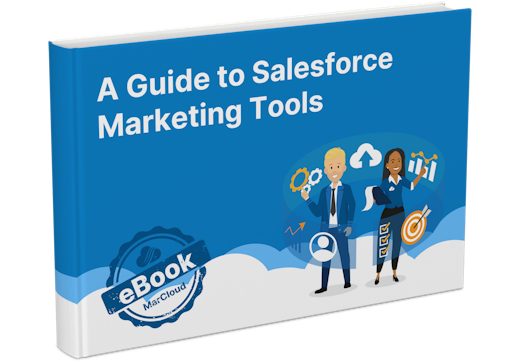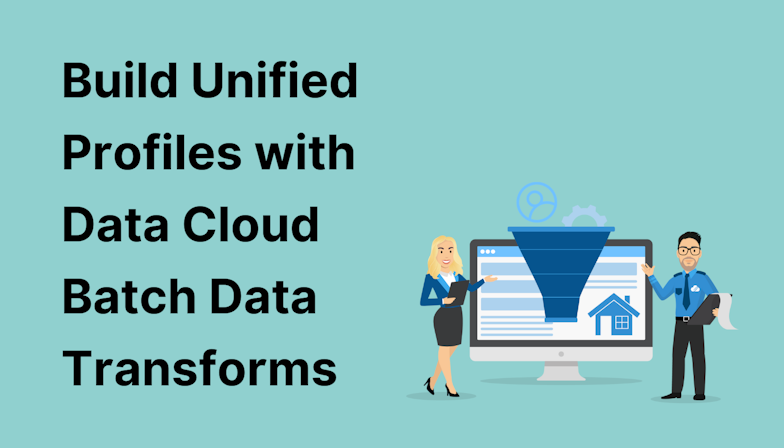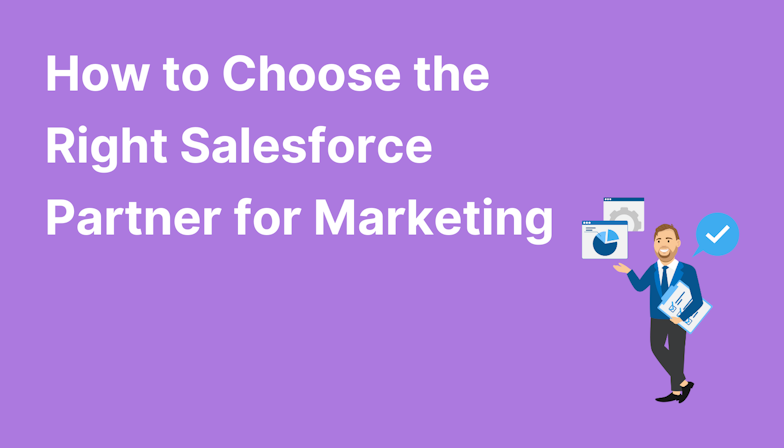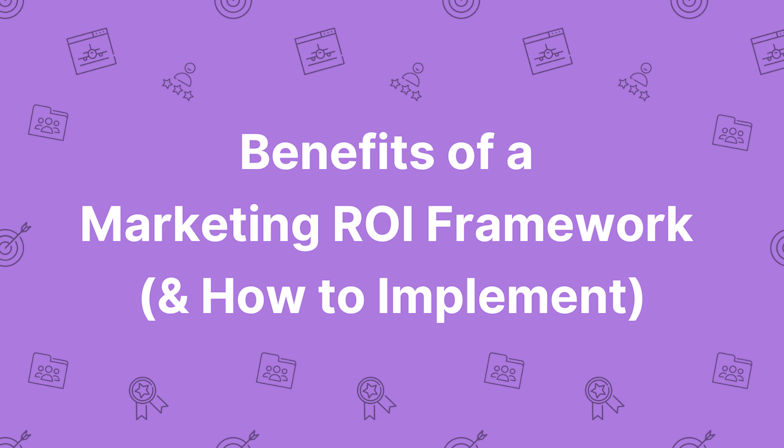This blog was written before Pardot was renamed to Marketing Cloud Account Engagement. You can read more about the name change and what it means here.
It’s that time of the year again, Salesforce has given us a bunch of new Pardot features to better our marketing activity and I, for one, am excited!
There is a strong selection of 8 features that will be live as of August 2019 to enhance user experience and to improve Pardot for all involved.
Having worked with Pardot for some time now, I am here with a fresh perspective and a mission.
A mission to help you understand, in simplified form, what these new Pardot features are, why they are relevant and how they are useful to you.
Below is a list of links to all the features you should expect to see as of August 2019.
8 Pardot Features Released August 2019
Get Better-Targeted Vanity URLs with Multiple Tracker Domain Support
Streamline How You Personalize Content with Handlebars Merge Language
Let Prospects Opt Back In with an Automated Resubscribe Email
Define Engagement Studio Rules with Multiple Conditions
Get More Insight from Engagement History
Update Large Prospect Datasets More Easily with the Pardot Import API
Track Recorded Webinars with the GoToWebinar Connector
Identify Steps Quickly on Engagement Studio Canvas
So let’s break this down one by one, what considerations should you take and what do these releases really mean for you?
Get Better-Targeted Vanity URLs with Multiple Tracker Domain Support
In a nutshell, it is now possible to segment multiple vanity URLs by brand, products, promotions, and geographies allowing you to focus on campaigns or target groups. This also allows you to choose the best URL for your marketing assets.
This is a great feature for managing brand identity, running multiple domains from one account and domain tracking.
If you work at a company that has multiple different business lines, products or sectors, you can track all prospect activity in one simple Pardot implementation.
The cool thing is that you will be able to view your main domain alongside being able to view, publish and track each of your other domains separately.
This feature is relevant for all businesses, no matter of scale. Therefore Salesforce has made it accessible to all Pardot editions.
To implement Multiple Tracker Domain Support you will need to be a Pardot Admin, add a tracker domain to your Pardot account and validate. Users can then choose to use these on Landing Pages, Forms, Custom Redirects, Files and Email Preference Centres.
Ever heard of having everything you need under one roof? Yes, that!
Here is some useful content to read up on to better understand the benefits of this feature from the ground up, it is a good idea to understand Vanity URL’s and Tracker Domains as a whole before implementing the above.
https://help.salesforce.com/articleView?id=pardot_content_vanity_url.htm&type=5
https://help.salesforce.com/articleView?id=pardot_admin_tracker_domain_parent.htm&type=5
Streamline how to personalise content with HML
In essence, this release is all about fluidity and the connection of all your Salesforce platforms.
With this, you can expect to wave goodbye to Pardot Merge Language’ and say hello to Handlebars Merge Language’.
The trick is in the names, this is a push to move away from Pardot Specific merge language and work to a more platform cohesive way.
Your emails will now be devised in a simpler way, with less translation required and will have a more standardized language than before, meaning your marketers and sales will be singing off the same song sheet.
You can also pull in tags using search capabilities and essentially use those same tags everywhere that they work within Salesforce as opposed to just Pardot, thus eliminating any confusion over how to format merge tags.
So if you were to copy an email from Pardot into the sales cloud email template builder you would not need to change the tag structure and the two systems would simply work in unison as the tags would be compatible.
So the percentage tags that were, will become brackets and have a wider use scope.
I would recommend reading up on PML vs HML as this is actually an optional upgrade that can’t be undone once executed.
Both have restrictions also, so definitely worth gaining as much knowledge as possible beforehand. You can read some useful content prior to this decision here.
Let Prospects Opt Back In with an Automated Resubscribe Email
A nice, simple and yet incredibly useful feature to be added is the opt back in’ feature.
Your prospects can now resubscribe to your content via an email template.
Salesforce has usefully created a pre-made layout to build a template or you can merge the resubscribe field to any of your templates.
In essence, we can now ask our unsubscribed prospects who fill out your Pardot forms if they’d like to receive a resubscribe email, which could be great for growing your database with prospects who know your business already.
This is a game changer for your opting prospects back in process!
Define Engagement Studio Rules With Multiple Conditions
This one is super useful for you engagement studio users out there.
With multiple conditions, you can create a single rule that has multiple conditions rather than creating one for each.
In short, previously during the process of making an impactful engagement studio, we would want to narrow right down into the prospects that we want to pass through, an example being that we would want a prospect who matches the rules below.
A prospect with a grade of C or above
A prospect with a score of 100 or above
A prospect who works in technology
A prospect whose title contains VP or Vice President
This would normally be 4 separate rule steps, not only making your Engagement Studio look unnecessarily complex, but pushing you ever closer to that 300 step maximum set within Pardot.
This can now be added as one single step, all by adding multiple conditions to one rule step. See below an image highlighting how this would look on your engagement studio.

In short, these complex rules are going to save you time and make your engagement studio more user-friendly and easier to read!
Get More Insight from Engagement History
This is a strong marketing tool that gives you an even deeper insight into how prospects interact with your marketing materials or content.
This is an addition to an existing feature called Engagement History, it is a tool tailored around your marketing assets living natively in salesforce. There is a very detailed article on it here.
Pardot has now added automated email types to the metrics listed in the above article. These automated email types include emails sent from engagement studio, completion actions, and automation rules.
As marketers, there is never too much data on how well our prospects interact with our content, so this is another thumbs up from me!
Update Large Prospect Datasets More Easily With The Pardot Import API
This does exactly what it says on the tin, you use the new Import API to insert or update large sets of prospect data when you don’t require synchronous completion responses or when batch upsert limitations are too restrictive.
From that though, there are a large number of considerations to take prior to using this function in order to not upset anything.
We all know that imports can be messy, so be sure to read this article first prior to use.
Track Recorded Webinars with the GoToWebinar Connector
This is an update on the current GoToWebinar Connector, if you are not familiar with the current GoToWebinar connector, here is some useful content about GoToWebinars that is worth noting beforehand.
Now in addition to all considerations listed in the above article, Pardot has the capabilities to use past recorded webinars and track their views.
You can view the past 25 months' worth of webinar data (inclusive of past recorded webinars) in your Past Webinar list View.
Identify Steps Quickly on Engagement Studio Canvas
In conjunction with the new Get More Insight from Engagement History’ feature, there have been new steps added to the engagement studio canvas. This time based around the general building of the Engagement Studio.
When creating an action, trigger or rule that are connected or are the same type (e.g. an email that asks for a selection or a choice and a follow-up email stating what the prospect has chosen) these can now be connected and highlighted together so that you can identify the steps you need quicker and clearer.
I hope this gives a little more context to what can be an exciting yet educational few days of trying to best use ALL functionalities.
Good luck with the new releases and as always we are here should you have any questions.

Anton Minnion
A data scientist and engineer, Anton has extensive experience in successfully delivering martech and salestech solutions for a variety of clients, both big and small, and across 25 countries. With a scary amount of knowledge in the development space, his focus at MarCloud is on innovating technical solutions for clients but also creating brand new apps and products for Salesforce platforms, to solve common business challenges.
More by Anton MinnionFeatured resource

Salesforce Marketing Tools
With the eBook ‘A Guide to Salesforce Marketing Tools’ in your arsenal, you’ll have a go-to, comprehensive, expert guide to understanding and selecting your perfect Salesforce marketing platform(s), be it Marketing Cloud Account Engagement (Pardot) or Engagement, and the products available to each.
Download now



